Are you a first-time fur parent? Well, first of all, congratulations and we’re so excited for you to enter the wonderful world of having a pet! Having a fur baby at home that loves you unconditionally will surely remove your stress (not to mention their overwhelming cuteness)! But as wonderful as they are, every creature has their flaws, don’t they? And there will always be a learning curve to all things new. Plus, you are actually going to take care of a living creature! You have to be prepared from the knowledge needed to the material things you have to provide!
We know new things can be intimidating so we provided 7 essential things you need to know that will surely help you begin your new journey as a pet owner:
1. Research Everything You Need to Know
There are many things you need to consider before you even consider adopting a pet so be sure that you are equipped with the right amount of knowledge to become a responsible pet owner! Be sure you’re ready before you say yes to bringing your desired pet home. Here’s some things you need to consider researching:
- Finding the Right Pet/Breed

Whether you consider adopting a dog or a cat, remember that both of them have lots of different breeds (different sizes, ages, breeds, and personalities) you might want to consider checking. It’s very important to find a pet that will be a good fit for you, your family, and your lifestyle! After you decide whether you’ll adopt a dog or a cat, researching breeds is a good start! And if you consider adopting from a local shelter (which I think is a great idea than buying one from pet stores!) it is better to talk to shelter staff and ask them about the sort of lifestyle the pet might need. I’m sure they would give pretty good advice!
Here are 7 Best Dog Breed for your Family and Kids that might be the best breed for your family!
You can also check 7 Things to Expect When Adopting Senior Pets to learn more!
- Budgeting

Taking care of a pet can be costly. It is important to consider researching not only the time commitment but also the costs associated with having a new pet. You can also research about Pet Insurance which can help with unanticipated veterinary expenses, but don’t rely on pet insurance only, it’s still better to set aside some money dedicated to pet care and emergencies. There are monthly, annual, and less-frequent expenses you need to consider adding to your budget too.
To know more about Pet Insurance in Singapore, check our article A guide to pet insurance in Singapore!
You can also check these articles to learn more: 9 Affordable Ways You Can Spoil Your Cats,& 7 Tips You Can Do If You Can't Afford Vet Care in Singapore
- Travel

This is whether you leave your pet at the house or you travel with them. As much as you love your new pet, there will surely come a time when you need to be apart due to work or needed travel. Make plans with your friends or family or develop a relationship with a pet sitter so there will be someone looking out to your pet and they won’t develop separation anxiety. Check our article Pet Separation Anxiety (Causes, Signs, and How to Prevent It Especially If You Plan on Returning to Work After Covid-19) to learn more!
When it comes to traveling, make sure that you have the right cage/crate so your pet will be comfortable sitting in there while you carry them elsewhere and to make sure they can’t escape and be lost. If you have a car, you can also consider getting them used to traveling with you in the car. Make sure they find it as a safe and comfortable place to sit and wait for maybe long hours if destination is quite far. You could also consider pet taxis if you don’t have a car. Here are 7 Pet Taxis You Must Try in Singapore (and tips on preparing your pet for a ride) that you can try out!
2. Pet-Proof Your Home
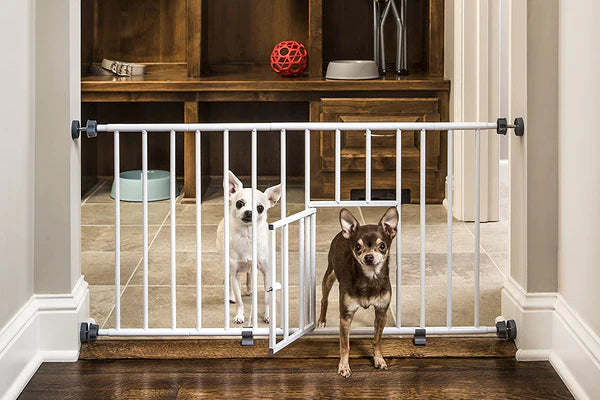
Before you bring your new fur baby home, you’ll need to prepare your home for them. Purchase all your supplies they need including a crate, gates, beds, bowls, a collar and leash, identification tags, food, treats, toys, grooming supplies, and cleaning supplies. Make sure to pet-proof your home and remove dangerous things that might harm them like chemicals, foods, medications, and other potentially hazardous objects from areas that your pet could access. Tuck electrical cords out of the way behind furniture or under rugs to make sure they won’t bite them.
Whether your new pet is a puppy/kitten or an adult, there will always be some kind of adjustment period after your new pet comes home. Prepare in advance and be patient with them. Pets, whether a dog or a cat, maybe scared or overwhelmed when they go to a new place for the first time. While others may appear relaxed, some may hide or show signs of fear. Some may adjust quickly like in a day or two, while others take several months to fully adjust. Adult pets probably need more adjustment time, especially if they lived in a shelter for a quite a while. Have everything set up at home and make a plan on how to make them most comfortable before they come home. Research about their behaviors and what will make them most comfortable.
3. Find the Right Veterinarian

This one is very crucial in the long run! Every fur baby needs a great veterinarian with whom they can trust and get along! Vets should be the first place you’ll take your new pet so make sure to get this ready too. The vet will review any medical records that came with your pet to determine whether vaccinations or other preventive care is due. Plus, a physical exam must be done to reveal health problems that you need to address to make their life as comfortable as possible! Your vet will also look out for your pet's health, educate you about your pet, and guide you in the long run! Find a veterinarian whom you can trust with a great staff and team. Communication with a vet should also be open all the time in case an emergency happens. At least a few health problems are bound to come up in your pet’s lifetime. Some common and some get serious ones so it is important to be ready and equipped for emergencies at all times! Take the necessary steps to keep your pet healthy and avoid any health issue to arise!
- Microchipping
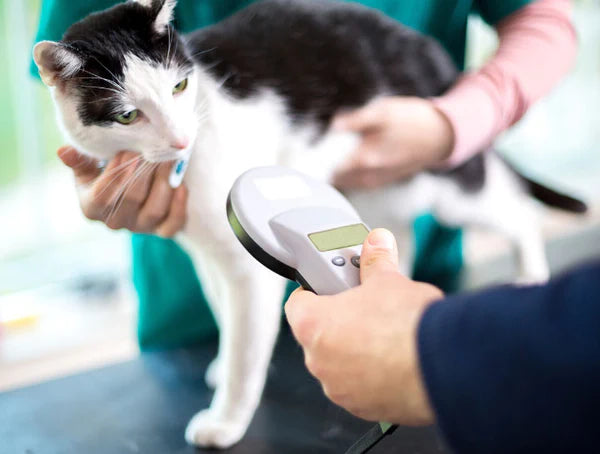
A microchip is no larger than a grain of rice that’s inserted under the loose skin between your pet’s shoulder blades. This chip holds your pet’s unique ID number when scanned by a vet or shelter. You should also consider inquiring about microchipping to your vet for this can track your pet if they ever go missing. If you adopted from a shelter, they most likely already have chipped there so make sure to ask before bringing them home.
You can check these articles to learn more: 5 Best 24-hour Vet Clinics in Singapore & 5 Important Reasons Why You Should Bring Your Pet to the Veterinarian
4. Choose the Right Diet

All pets are unique so their diet must also be unique to their needs! Don’t assume that cats eat cat food and fish and dogs eat dog food and chicken as you see from stereotypes. Some pets need more nutrition and a customized diet especially if they have underlying health issues! Find out what your new fur baby is eating from where they currently live and check if that food is still a great diet for your new pet after getting them checked by the vet. Some foods can cause systemic allergies and other health problems, while others might be meant for pets of different sizes or activity levels. But be sure to slowly get them used to the change to avoid upsetting their stomach. With all the changes going on in their life, an abrupt change in diet is the last thing your new pet needs, just slowly introduce everything little by little. When your pet is ready, you can then gradually transition to your pet’s right diet if their past diet isn’t good enough for them. The best options are age-appropriate, made from high-quality ingredients, and provide complete and balanced nutrition for them to grow healthy. High-quality food can be pricey, but your vet can give you options that will be right for your budget so don’t hesitate to ask them!
You can check these articles to learn more: 7 Foods that are Toxic for Dogs, 13 Dangerous food that your pet should avoid!, 5 Best Vet-Approved Homemade Recipes You Can Make for Your Cats & 5 Best Vet-Approved Homemade Recipes You Can Make for Your Dogs
5. Train Your Pet
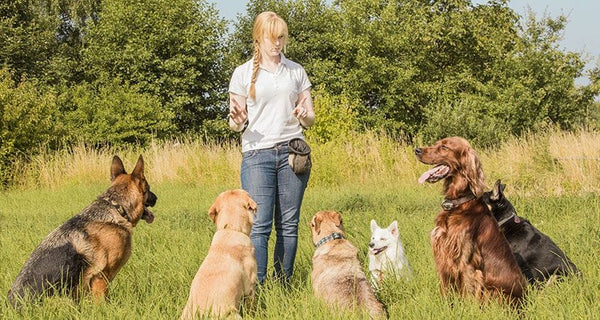
All training, whether done by you in your home or with the help of a professional, should use only positive reinforcement, like praise and treats to encourage your fur babies to do a behavior that will be good for them and you as well. Every pet needs training. Training helps you control your pet and gives your pet a sense of structure which avoids stress and confusion for your pet. In the long run, proper training will surely make both you and your pet happier! Plus, it will enhance the special bond you two share. Make sure to take even a little time each day to train your pet working through all the essential steps of dog training, including basic commands.
The first one you should consider to avoid constant headaches is potty training. Potty training presents some additional challenges, but by limiting the chances for accidents and always being there to praise good behavior, you will help your fur baby quickly learn where to relieve itself. Next is behavioral training where you instill in them good habits and remove bad ones like excessive barking, humping, scratching the furniture, and in some cases, being so clingy when you leave the house. The first few days (or even months) at your home will be tough for your new pet. Be patient because it will take time for your new pet to relax in their new environment and to trust you as their pet owner. Never ever reciprocate your pet’s bad behavior with bad behavior as well like shouting at them. They probably won’t even get that you want them to stop but rather they’ll see it as a threat and they even do the bad behavior more! Practice positive reinforcement to teach your pet the house rules and how they should behave. Develop a daily routine to make your pet more comfortable as they settle in. Consistency is key to develop a new habit.
You can check these articles to learn more: How to Stop Excessive Barking, How to Stop Cats From Scratching Furniture & Dog Training: Basic Tips for Successfully Training your New Dog
6. Mental & Physical Exercise
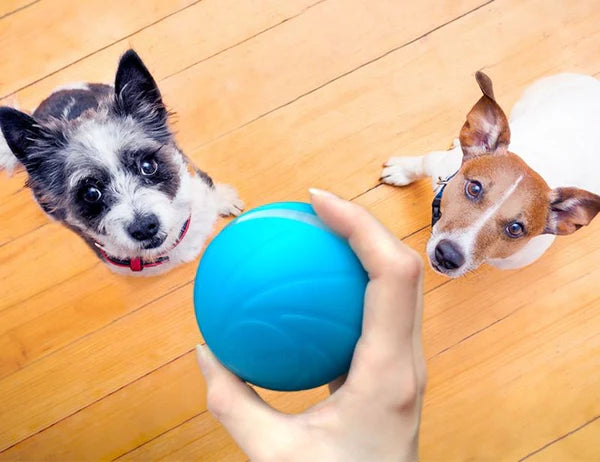
Pets need both mental and physical exercise to be happy and healthy. Physical exercise may be just playing with your pet with some toys and going for walks at least daily. Provide opportunities for supervised chewing on appropriate items. For dogs, it may be squeaky toys and for cats, it may be scratching posts. For mental exercise, you may consider puzzles and interactive toys like Wickedbone, Skymee Owl Robot, and Wickedball.
You can check these articles to learn more: What are the Best Interactive Toys for your Pet?, 4 Interactive Toys Your Pet is Wishing For, 11 Fun Ways to Keep your Pet Active Indoors & 7 Outdoor Activities to Try with your Pet
7. Socialization

Socialization is important to avoid your pets being aggressive to visitors and even being scared to bond with other pets. Well-adjusted pets are comfortable in a wide variety of environments and interacting with all different sorts of people and animals. They act as if they’ve seen it all before, and that’s because they actually have! Pets need to be socialized, especially between 8-12 weeks of age. Positive experiences at home, with people, with friends, and in different places where you want to take them are crucial to avoiding fearful reactions and stress for you and your pet in the future. Here are 14 Dog Runs to Explore in Singapore that you can check and let your new pet have their socialization!
Conclusion

Becoming a pet owner is fun and exciting, but it is also a lot of responsibility! Well, it’s because it’s literally taking care of another life! If you’ve taken the necessary steps to ensure that your pet will be comfortable, happy, and healthy within your home, you can begin a wonderful, life-changing journey with that new precious member of your family! Do as much research as you can! You’re reading this article so we know you’re in the right place.
Yes, there are lots of ups and also lots of downs like pet hair everywhere but believe me, truly, there is nothing better than looking down to see those sweet, adorable eyes looking back up at you with love even if it’s only because you’re holding a treat in your hand. Get ready to experience a new life full of excitement and love! Look forward to meeting your new fur companion and partnering with them for a lifetime full of health and happiness!
Check these articles to learn more: Caring for your New Puppy, A Complete Guide: 13 Ways to Keep Your Pet Happy & Healthy, 7 Common Pet Owners Mistakes You Should Avoid Doing, Adopting a Dog in Singapore - Part I & Adopting a Dog in Singapore - Part II
Feel free to share this with your fellow pet owner friends who are new to pet parenting! You can also leave a comment down below about some tips and experiences when you were a new pet owner, we would also love to read them!
Sign up to our newsletter down below & follow us on Instagram @sgsmartpaw to stay up to date with our weekly blog articles!

Rose Hazel San Diego
Hazel loves pets & she has owned cats, dogs, & even hedgehogs! She also fosters cats & dogs in need around her area. With her social media & copywriting background, she gladly shares her knowledge of pets through these articles!
Most Recent Articles

7 Pet-Friendly Malls in Singapore Every Pawrent Should Know About
Shop, dine, and stroll with your furkid at 7 pet-friendly malls across Singapore—think dog parks, pet lifts, alfresco cafés, and more. Our Smartpaw guide maps the best spots and shares quick tips f...

Every pawrent knows birthdays aren’t just for humans—our furry family members deserve the same love and celebration! From adorable pupcakes to custom-designed birthday cakes, Singapore’s pet bakeri...

Pet-Friendly National Day Events in Singapore 2025: Where to Take Your Furry Friend
National Day 2025 in Singapore is even more special as the country celebrates SG60, and this year, it's the perfect time to include your furry companions in the festivities. From pet-friendly parad...





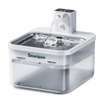

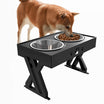



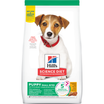





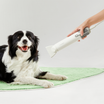
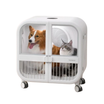

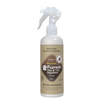
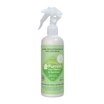
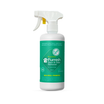
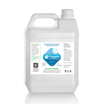
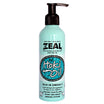



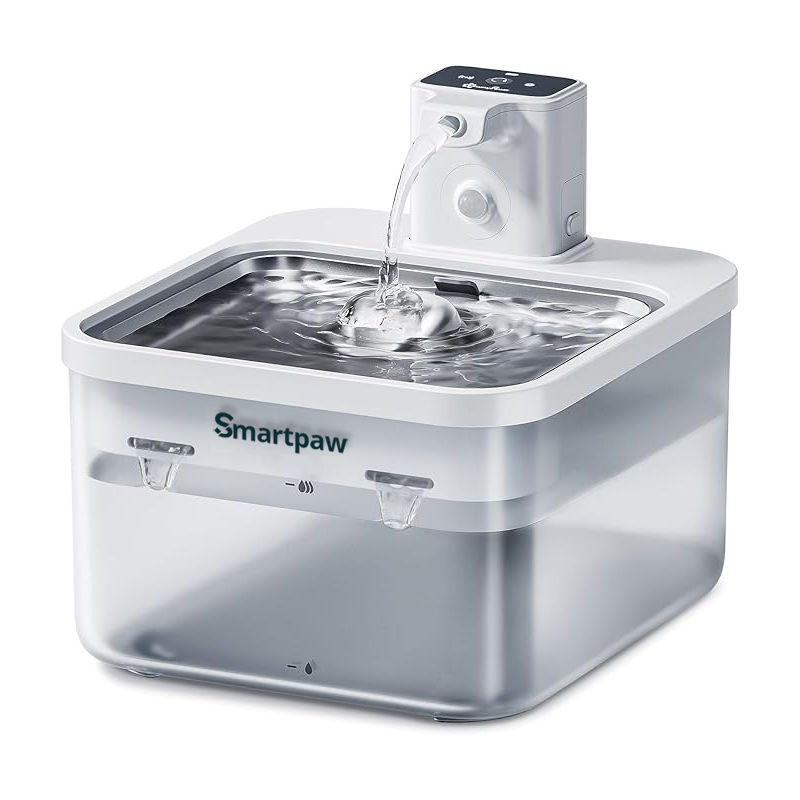
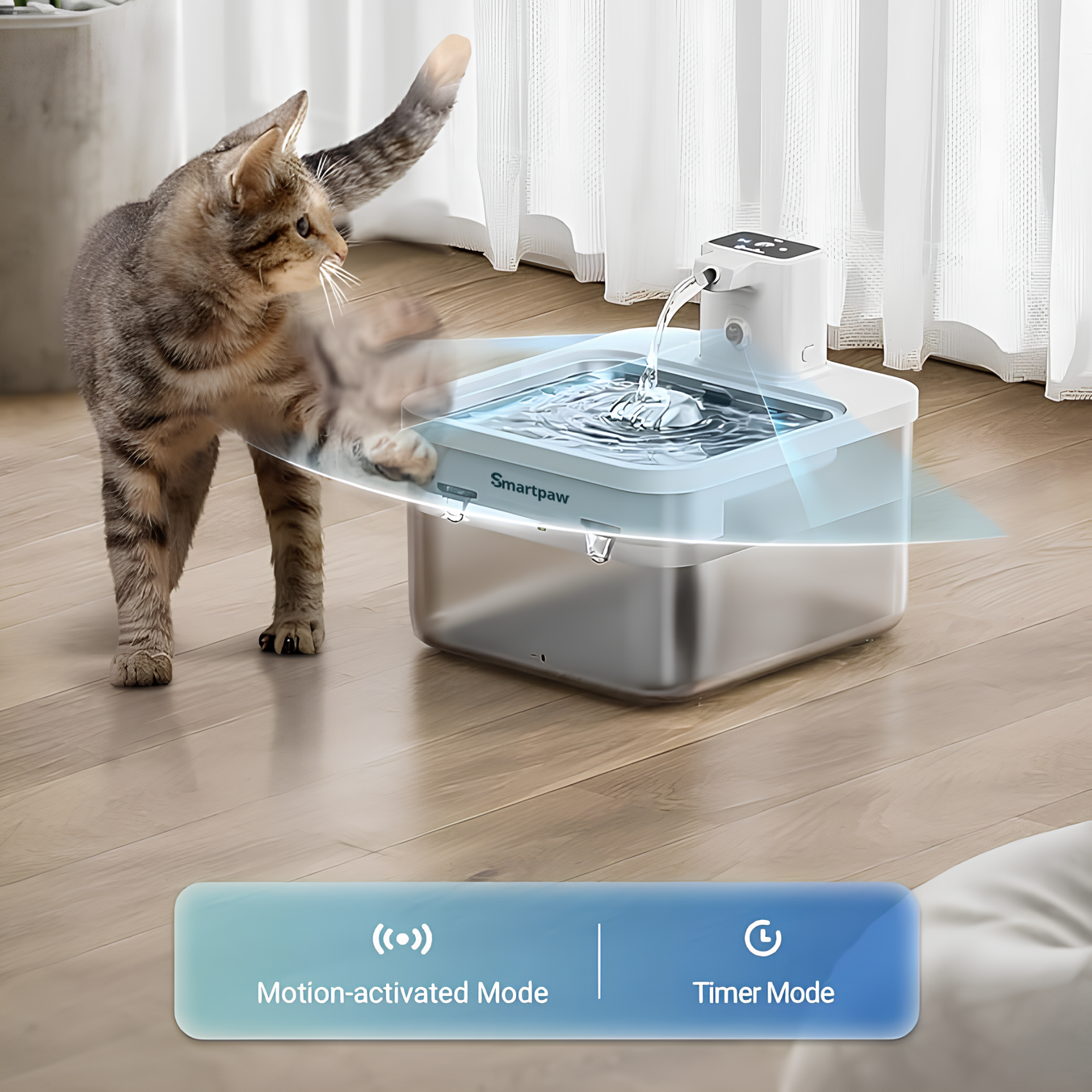
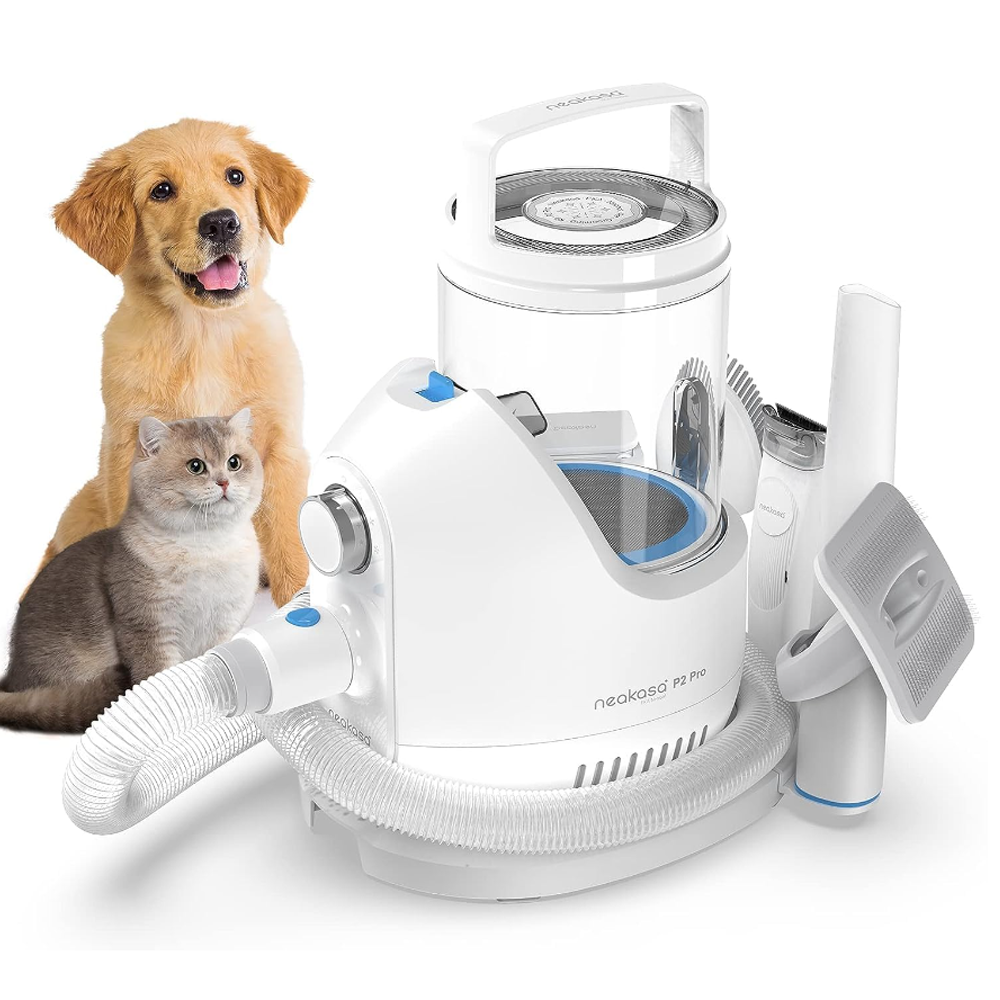
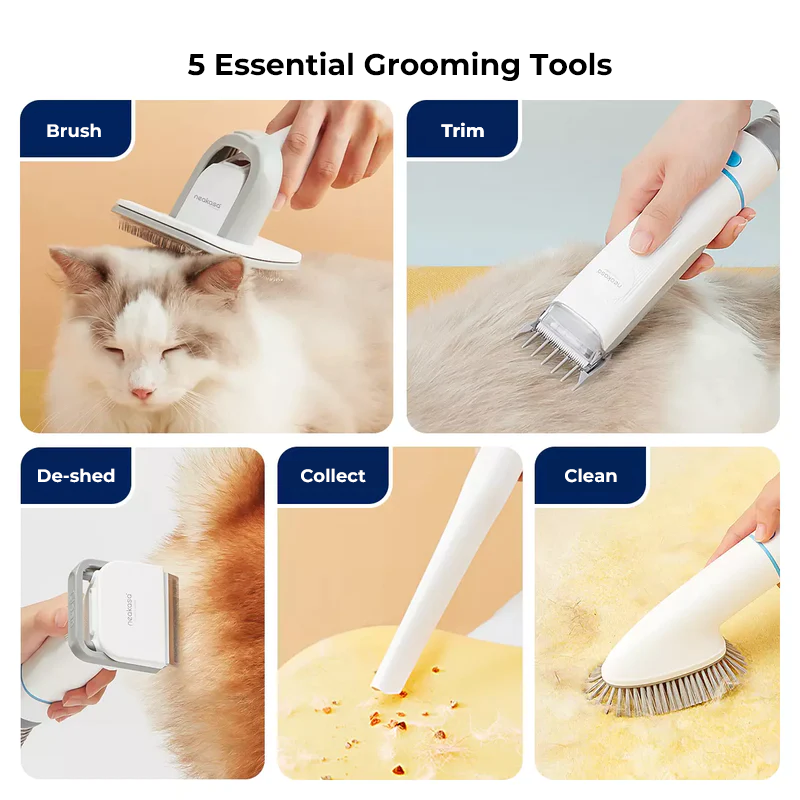




Leave a comment
All comments are moderated before being published.
This site is protected by hCaptcha and the hCaptcha Privacy Policy and Terms of Service apply.